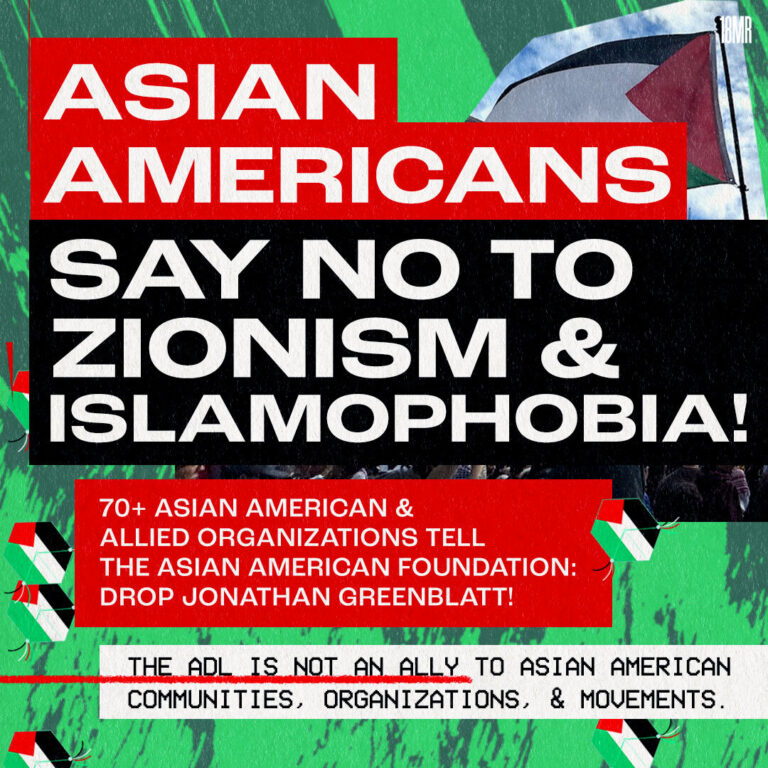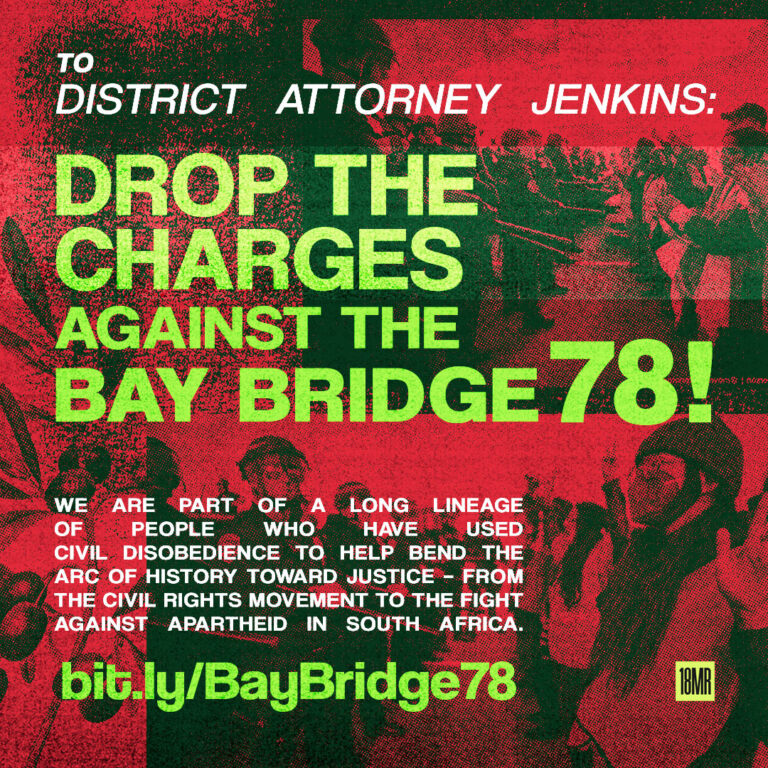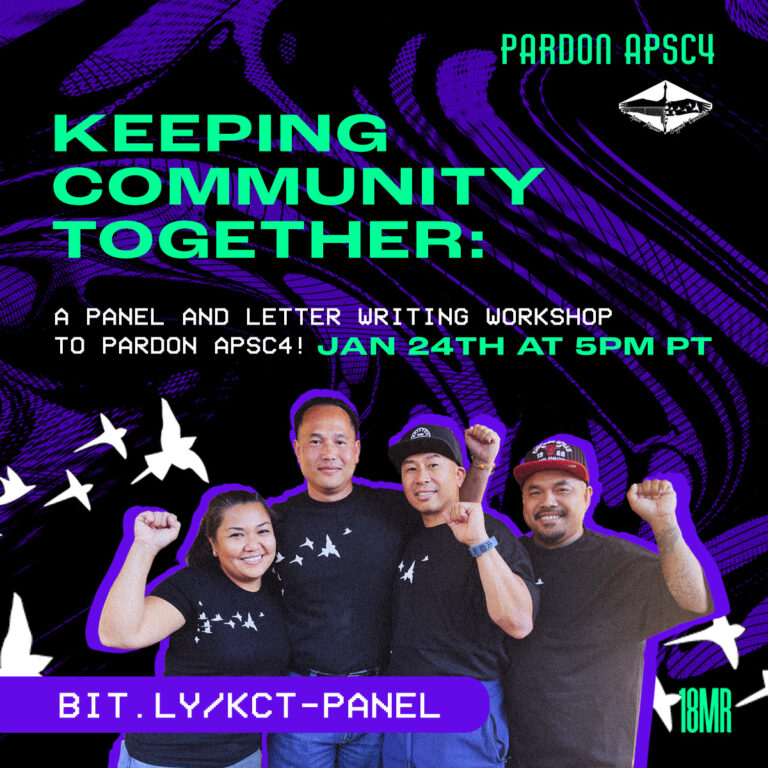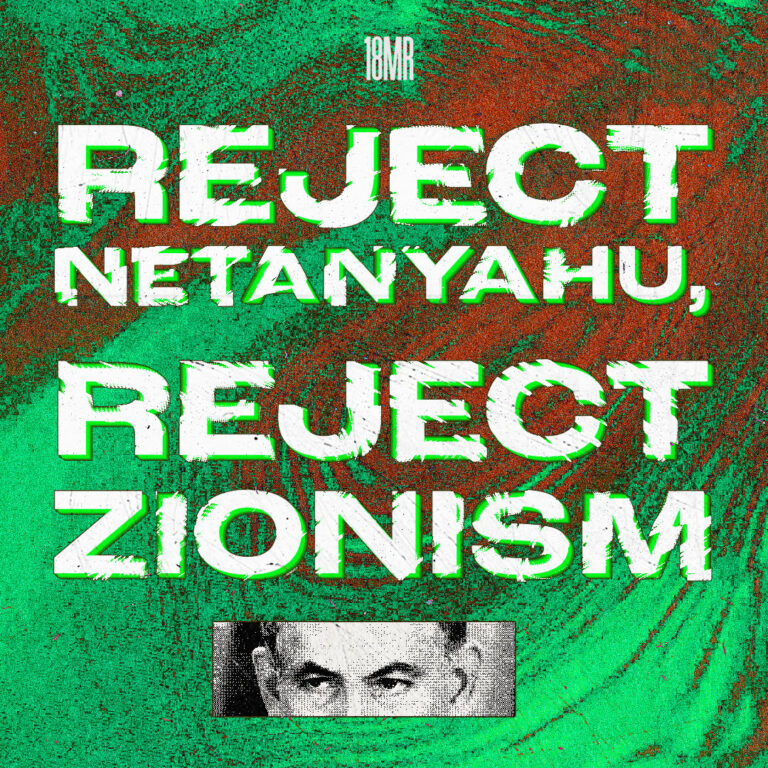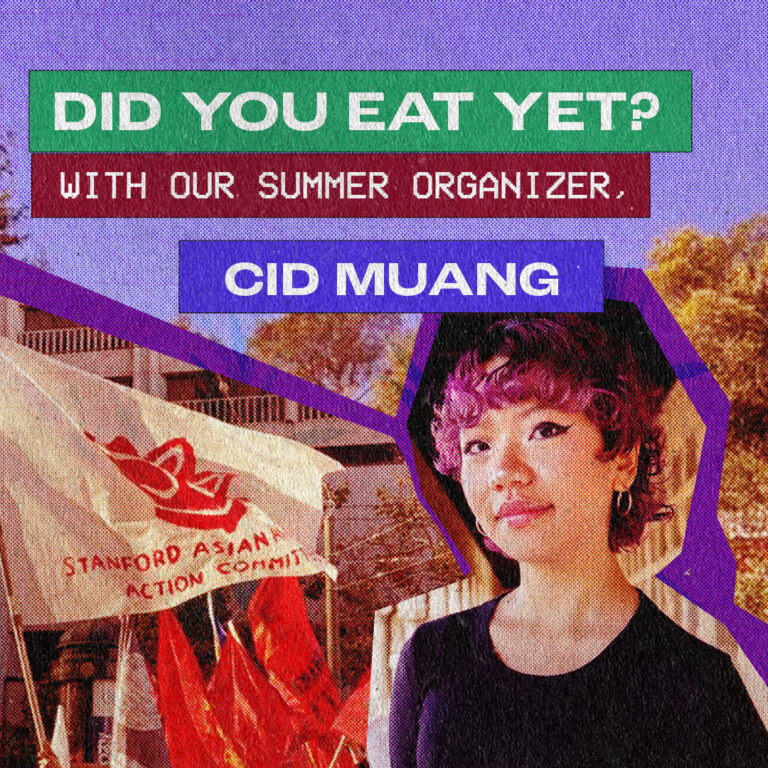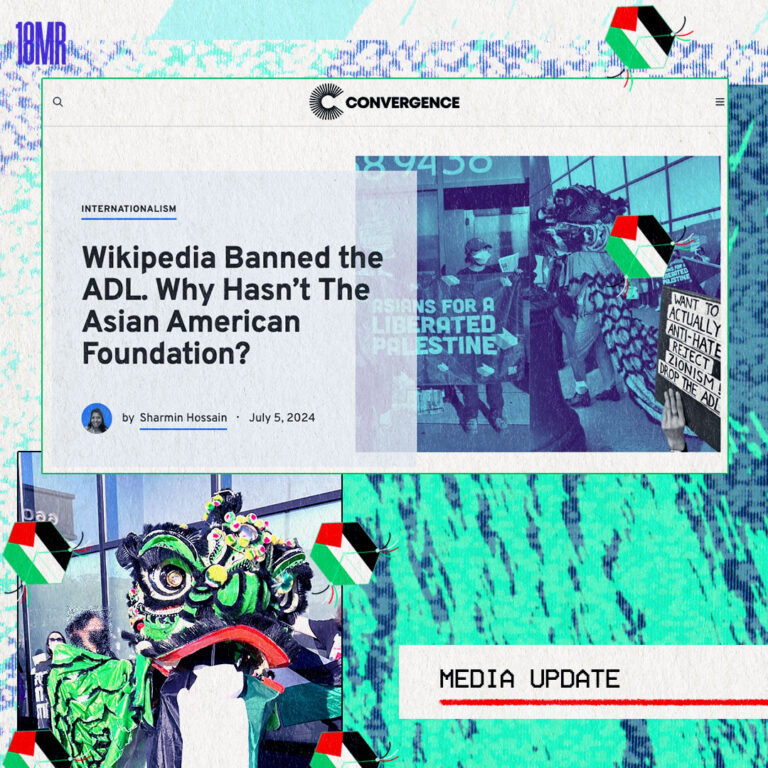Written By Imran Siddiquee
Dear Mikki Kendall,
I’m holding your new book, Hood Feminism, and thinking of 2012 when I first came across your Twitter account, @karnythia. I was working for a non-profit focused on sexism in the media and I already had an obsession with uncovering the story behind the stories we consume. But it was your tweets that would send me on a path to radically rethink my own story. Your work has meant so much to me over the past decade.

The media landscape was a very different place back then. Teen Vogue was not yet writing on misogynoir, and it would be years before “intersectionality” entered the Merriam-Webster Dictionary. Instead, magazines were only interested in gender justice defined by wealthy white women who wondered if they could “have it all.” It was through your words, covering everything from online harassment to reproductive rights, that I began to see clearly. You made it obvious that Black women were actively ignored, even in the “feminist” news coverage I scoured daily.
At work, we primarily advocated for better representations in media. But you and other Black feminists online were going deeper. You worked to expose the links between media systems, sexism, class, and the white supremacist origins of the country itself. During the summer of 2012, the man who murdered Trayvon Martin was found not guilty. I watched my newsfeed fill up with anger, despair, and revolutionary organizing led by queer Black women across the country. The distance between the narratives being sold and the real-world impacts suddenly collapsed. I started to realize my part in this, both as a Bangladeshi American socialized to be a man and as a non-Black person working in a predominantly white space.
In 2013, you launched a globally trending hashtag, #SolidarityIsForWhiteWomen. Prominent white feminists had failed to respond to an abuser’s admission that he specifically targeted Black women online. In one tweet you wrote, “#SolidarityIsForWhiteWomen when you idolize Susan B. Anthony & claim her racism didn’t matter.” I had learned to idolize the white feminists around me and downplay their racism. The hashtag highlighted for me how this helped perpetuate the same system that propped up abusers. That system was no different from the one that criminalized and killed Trayvon, or kept the Muslim women in my own communities from being seen as fully human.

Your tweets made me realize the fact that Twitter itself was a media platform. The people dominating conversations on Twitter were replicating the kind of exclusion we thought we were challenging together. How could we campaign to change representations in Hollywood if there were no Black or brown women on our team? Would these changes even matter if the money and power were all funneling back to white institutions?
I have to thank you directly for putting these questions in my head. I see now that you, alongside other Black, brown and Indigenous feminists online, used words to shift society in the tradition of writers like Ida B. Wells — whose anti-lynching reporting, in the face of intense harassment, forced this country to face its brutality. #SolidarityIsForWhiteWomen and #FastTailedGirls centered the first-hand accounts of working-class Black women and girls.
I left my job in 2014 and dove deeper into South Asian feminisms and histories of anti-colonial organizing. Without you, it would have taken me much longer to understand the link between media systems and my own experiences growing up Bangladeshi American under stifling expectations of masculinity.
In Hood Feminism you write, “we are part of the society that we are fighting to change, and we cannot absolve ourselves of our role in it.” I wasn’t just brown in those white spaces, but queer and non-binary. I had locked away multiple parts of myself in service of a vision that would ultimately leave me sidelined.
This letter is an acknowledgment of what you’ve done for the movement. It is a testament to all those, like myself, that you’ve profoundly influenced. Thank you.
In gratitude,
Imran Siddiquee

Imran Siddiquee is a writer, filmmaker, speaker, and activist. Their writing on race, gender, and popular media has been published by The Atlantic, Bitch Magazine, Buzzfeed, Literary Hub, Longreads, and others, as well as in the anthology Nevertheless, We Persisted: 48 Voices of Defiance, Strength, and Courage. Imran is the Communications Director at BlackStar Projects, which hosts the annual BlackStar Film Festival, and was formerly the Communications Director of MediaJustice, a non-profit fighting for the digital rights of people of color. They were also a founding staff member of The Representation Project and are a frequent collaborator with the South Asian American Digital Archive in Philadelphia, where they co-created and lead a radical history walking tour.

